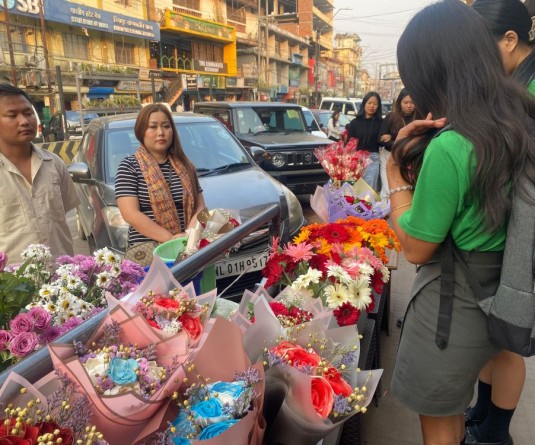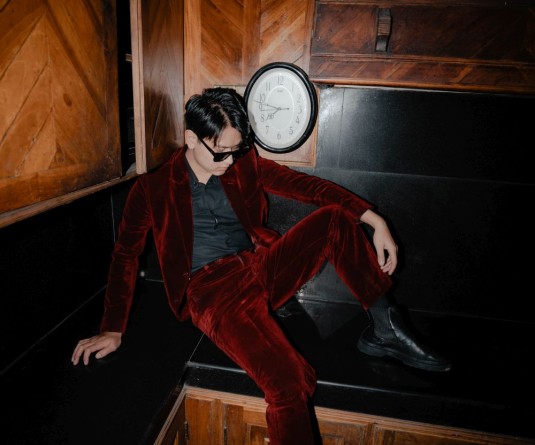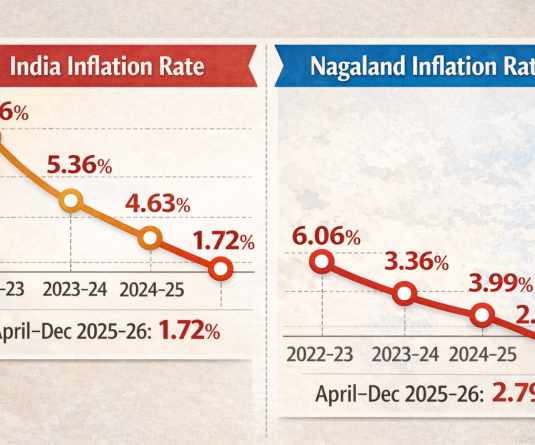College students are seen making way to The White Owl Literature Festival & Book Fair at Zone Niathu by the Park, Chümoukedima on February 10. (Morung Photo)

Easterine Kire speaks on Nagaland’s literary scene
Kanili Kiho
Chümoukedima | February 10
“Right now everyone’s writing on anything and everything,” Easterine Kire told The Morung Express when queried on the literary trend of Nagaland, at the sidelines of the ongoing ‘The White Owl Literature Festival & Book Fair’ in Chümoukedima.
“But that is bound to change because there’s such a thing as quality control and we will reach that stage. Then, the works that don’t have quality will not make the mark,” she said as she stressed on the importance of being ‘prepared for it.’
While that phase will be tough for the writers, Kire saidyoung people can already be warned about it so that they will be ‘more careful’ and take time before publishing their work.
“What we want is good writing, and we can’t get good writing without good editing, and that is the thing that is missing in our literary environment here.” She encouraged the promising writers to pay attention to refinement by polishing one’s writing ‘over and over.’
While it was admirable to witness writers starting at a ‘very young age,’ she heartened them to stay humble as they grow older, and by doing so, they will only get ‘better and better.’
“But if they don’t, they will be just writing a lot of rubbish. So, the secret to good writing is humility,” she divulged. The celebrated poet and writer urged the younger ones to pay attention to correction, for “most correction is good for you.”
She further suggested to ‘read a lot,’ not read to imitate other people, “but read to learn and improve yourself and read to expand your mind.”
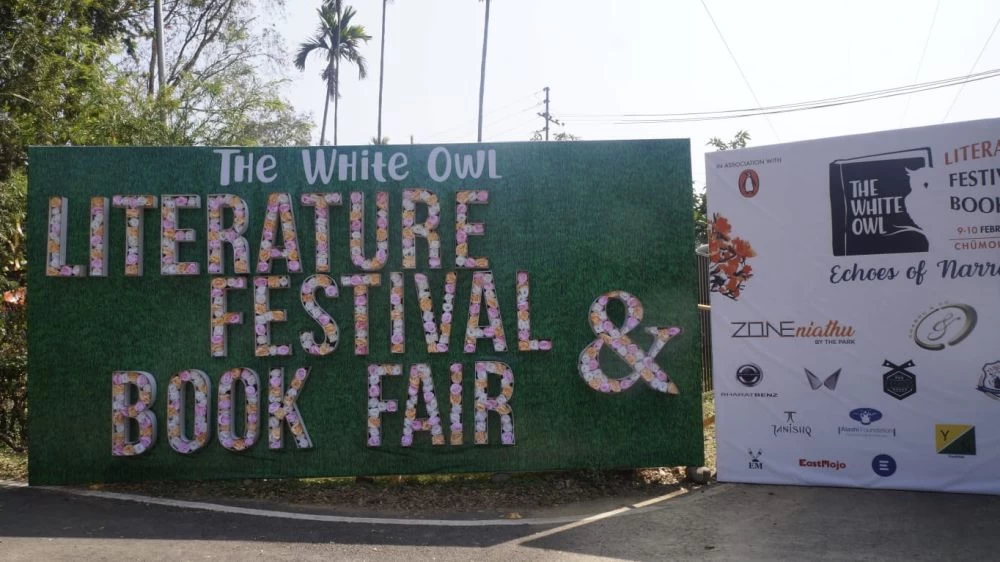
Commending ‘The White Owl Book Lounge’ in setting up a literature festival at this scale, she said it was better than the iconic Jaipur Literature Festival (JLF), its 17th edition which concluded this week in Jaipur.
“I’m telling everyone we are better than the JLF, because the personal touch is here.” She acknowledged the organizers who were always within reach, and making sure everyone was looked after. “The Naga hospitality is a big plus point, and we should never lose that,” said Kire.
According to Meribeni Ngullie, the community of readers is still quite small in Nagaland, as she observed the ‘Gen Zs’ and the ‘millennials’ were mostly into content creation.
Ngullie, who is a lawyer by profession, picked up the art of readingreligiously during the COVID pandemic, and she hasn’t looked back since. She said that a literature festival like this is a sign of a ‘more civilized society,’ the kind of literature that goes “beyond academic purpose, beyond getting a degree or a job.”
She also held that such events are not for readers alone, but that it triggers the ‘non-readers,’ exuding hope that it will trigger some of them, who simply come for food and the fun.
Though the Naga literary scene has shifted during recent years, with many young writers emerging, at the same time not a lot of readers tend to read books written by the Nagas. To this end, she opined that most Naga authors are caught up on ‘poetry and history writing,’ while noting that work of fiction is an area that can be pursued further by the Nagas.
Considering that bookclubs are a good way to engage and create a community of readers, Ngullie and her friend Kelevinuo recently began a virtual bookclub called “ourbookshelf.in” on Instagram. The aim has been to use Instagram as a medium to help people cultivate the art of reading. They do book reviews so that people who do not read can get an idea of the kind of books that are out there, she put across.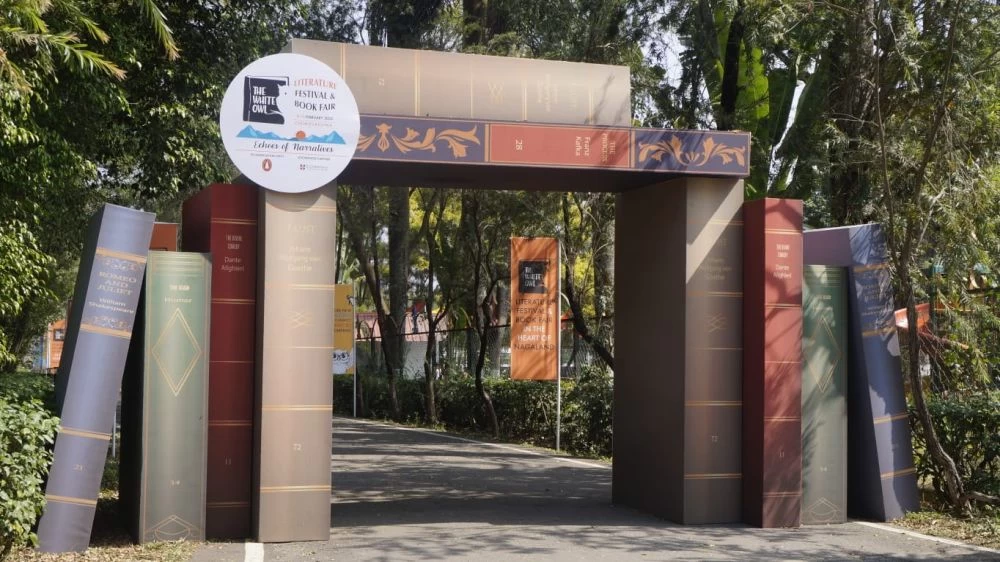
“In a little way, we are trying to do our bit to engage people to the habit of reading.” Both readers share their review which is posted on their Instagram handle. They have a ‘WordPress’ account as well, where readers engage with them.
Festival director, Viketuno Rio and proprietor of ‘The White Owl Book Lounge’ said the Nagas are witnessing ‘revitalization’ in the literary scene, even as she hoped to see the literary community grow after the festival. She was encouraged to see the response of both the younger and the older generation at the two-day literary affair. She maintained that young adults are the ‘most curious’ and that they need to be prodded more. The first day witnessed more than a thousand attendees while “we are expecting much more today,” she added.
To the younger lot,Rio said, “Read more, think more and write more. There is so much potential that literature has, that we have to tap into the power of literature.”


